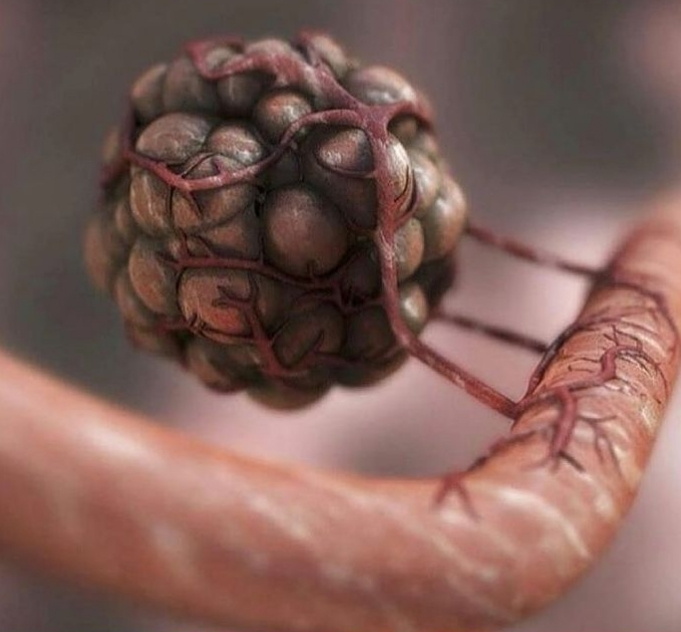A team of US scientists, led by an Indian-origin researcher, has identified a set of human genes that fight SARS-CoV-2 infection, the virus that causes Covid-19.
According to Sumit K. Chanda, professor and director of the Immunity and Pathogenesis Programme at Sanford Burnham Prebys Medical Discovery Institute, the scientists have gained new insights into how the virus exploits the human cells it invades.
"We are still searching for its Achille's Heel so that we can develop optimal antivirals," Chanda said in a paper published in the journal Molecular Cell.
Knowing which genes help control viral infection can greatly assist researchers' understanding of factors that affect disease severity and also suggest possible therapeutic options.
The genes in question are related to interferons, the body's frontline virus fighters.
Soon after the start of the pandemic, clinicians found that a weak interferon response to SARS-CoV-2 infection resulted in some of the more severe cases of Covid-19.
This knowledge led Chanda and his collaborators to search for the human genes that are triggered by interferons, known as interferon-stimulated genes (ISGs), which act to limit SARS-CoV-2 infection.
"We found that 65 ISGs controlled SARS-CoV-2 infection, including some that inhibited the virus' ability to enter cells, some that suppressed manufacture of the RNA that is the virus's lifeblood, and a cluster of genes that inhibited assembly of the virus," Chanda explained.
"What was also of great interest was the fact that some of the ISGs exhibited control across unrelated viruses, such as seasonal flu, West Nile and HIV, which leads to AIDS".
The team also identified eight ISGs that inhibited both SARS-CoV-1 and CoV-2 replication in the subcellular compartment responsible for protein packaging, suggesting this vulnerable site could be exploited to clear viral infection.
"This is important information, but we still need to learn more about the biology of the virus and investigate if genetic variability within these ISGs correlates with Covid-19 severity," said Laura Martin-Sancho, a senior postdoctoral associate in the Chanda lab.
As a next step, the researchers will look at the biology of SARS-CoV-2 variants that continue to evolve and threaten vaccine efficacy.
(IANS)




















